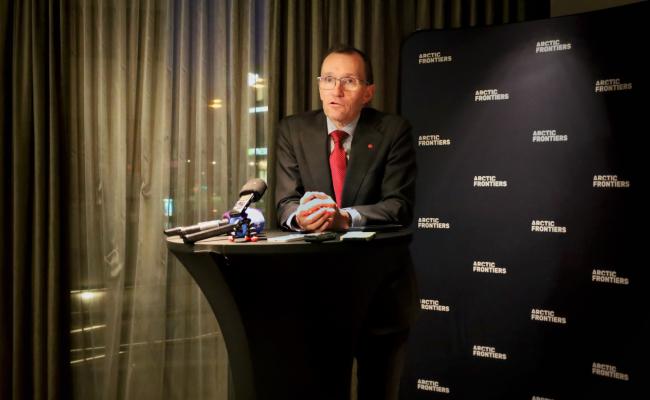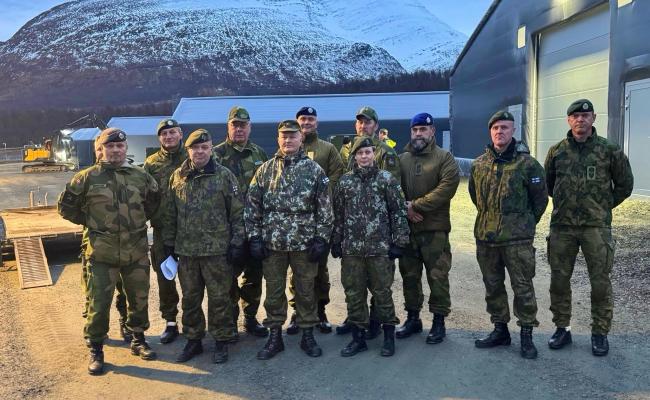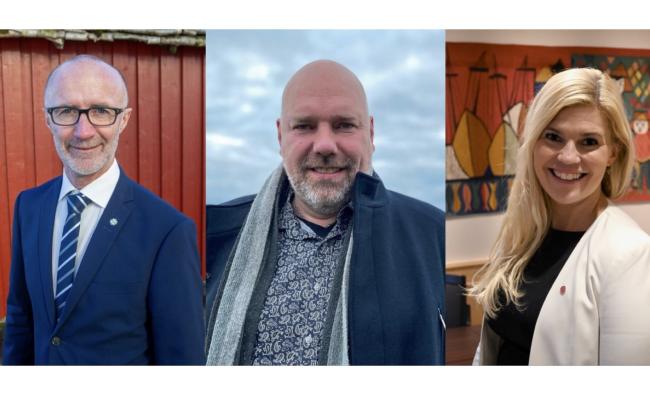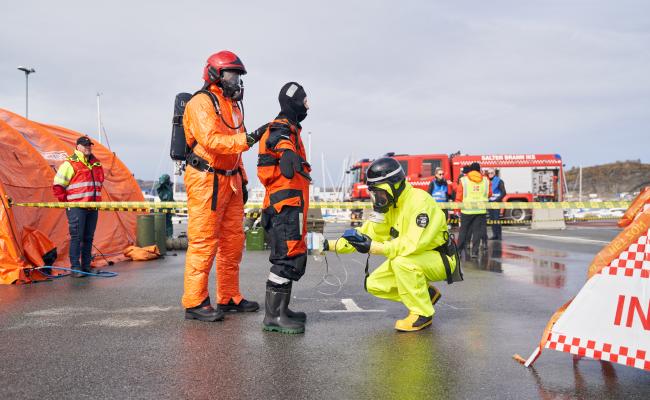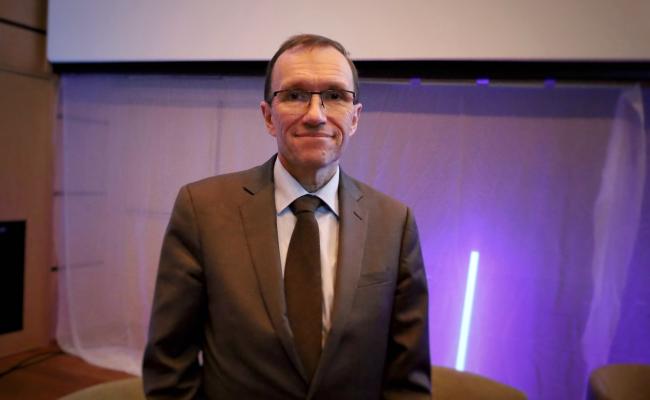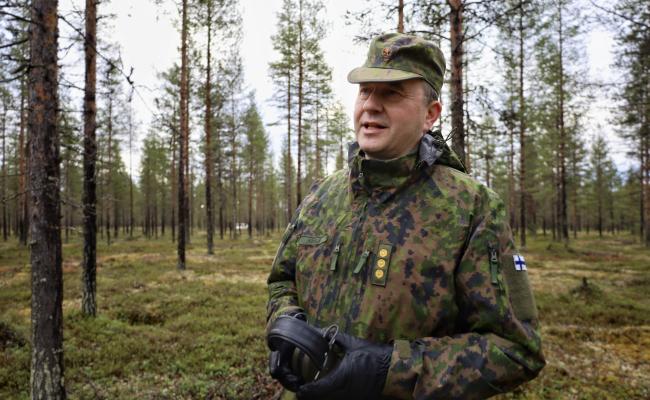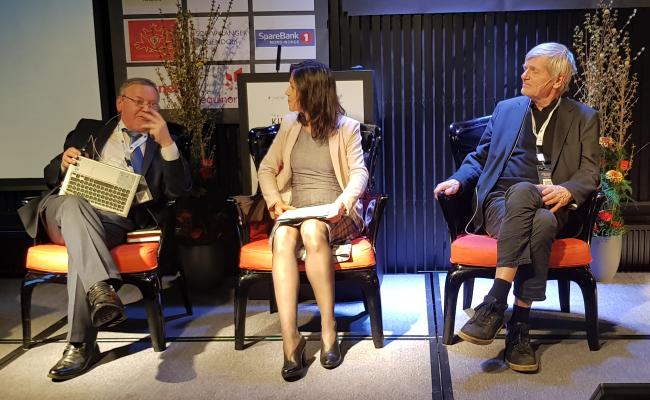No New Structure for Northern Nordic Cooperation in Sight?
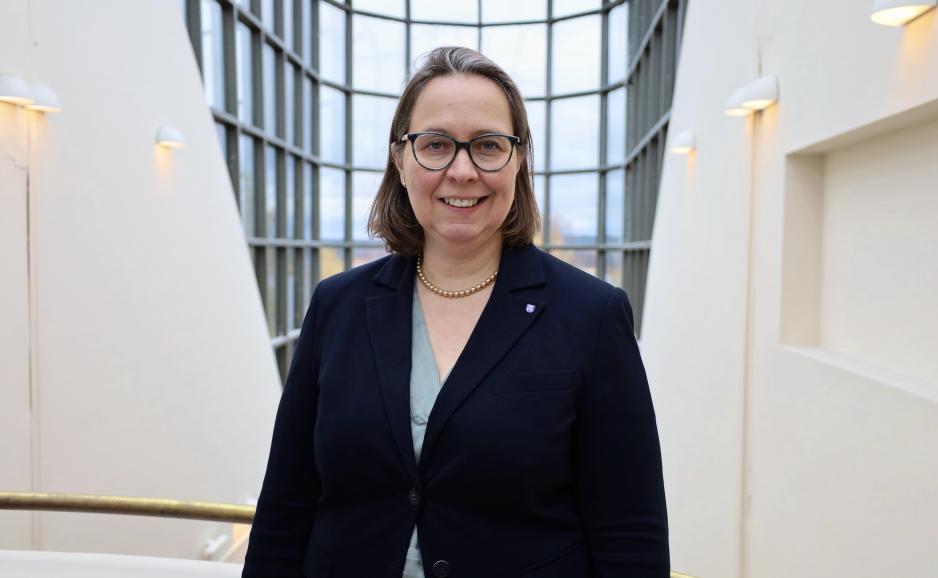
Hanna Honkamäkilä, Manager of International Affairs in the Council of Oulu Region and member of the Barents Regional Committee. (Photo: Astri Edvardsen)
Rovaniemi, Finland (High North News): At the end of the year, Finland will withdraw from the Barents Euro-Arctic Council, and the search for a new cooperation framework has so far not yielded any tangible results. “I really hope that we find a common path forward,” says Hanna Honkamäkilä in the Council of Oulu Region.
Finland is leaving the Barents Euro-Arctic Council after 2025, announced the Finnish Ministry of Foreign Affairs in November last year.
Since the new year, discussions have been underway regarding the design of a new platform for Northern Nordic cooperation.
Discussions have taken place both at an international level between MFA state secretaries in Norway, Finland, and Sweden, and on an interregional level led by Nordland County Council, which is chair of the Barents Regional Council.
However, the parties have not arrived at any solution yet, and the the North Calotte will be left without a joint cooperation framework that includes Finland in just a few weeks.
The exception is the Oulu region in North Ostrobothnia, the only remaining Finnish participant in the Barents Regional Council. Lapland, Kainuu, and North Karelia withdrew after the government's announcement.
“We are now in an uncertain situation. It is very regrettable that the Finnish government decided to withdraw without having a concrete alternative ready,” says Hanna Honkamäkilä to High North News.
She is the Manager of International Affairs in the Council of the Oulu Region and a member of the Barents Regional Committee, which gathers officials from the regions of the Barents Regional Council. HNN met her this fall at an event in Rovaniemi, organized by the Barents Press.
We want to set a shared direction of future cooperation.
Gathering the threads
Recently, significant efforts were made to try to secure future cooperation in the North, where Honkamäkilä was involved.
This took place under the auspices of Nordland County Council and the International Barents Secretariat, which invited a wide variety of stakeholders to the Euro-Arctic Assembly in Bodø, Northern Norway.
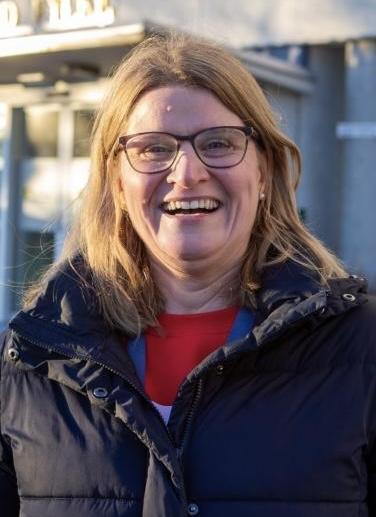
Marianne Dobak Kvensjø, Chair of the Nordland County Government. (Photo: Nordland County)
The assembly brought together representatives of regional entities and a number of other actors in the northern parts of Norway, Finland, and Sweden, as well as as officials from the three countries and the EU.
"The Euro-Arctic Assembly is an important step toward gathering the threads towards a a new structure for cooperation in the North," said Marianne Dobak Kvensjø (Conservative), Chair of the Nordland County Government and of the Barents Regional Council.
"We want to bring northern voices together and set a shared direction of future cooperation across regions and nations," she underlined.
Fragmented participation
From the Finnish side, Honkamäkilä was joined in Bodø by Lauri Nikula, Chair of Oulu City Council and of the board of the Council of the Oulu Region, as well as officials in the regions of Lapland and Kainuu. North Karelia was the only Finnish region that did not participate.
The Finnish regional leaders had all committed to another international event before the Euro-Arctic Assembly was planned.
The foreign ministries of Finland, Norway, and Sweden were supposed to be represented by state secretaries Pasi Rajala (National Coalition Party), Astrid Bergmål (Labour Party), and Dag Hartelius (M). Officials participated in their place.
A report on takeaways and results from the assembly will be prepared by Nord University for presentation to national and regional decision-makers.
Also read (the article continues below)
It's about civil preparedness.
Comprehensive security
“I really hope that we find a common path forward,” emphasizes Honkamäkilä.
The momentum is present in the wake of the NATO accession of Finland and Sweden, she points out.
Finland, Norway and Sweden have made significant progress in developing their defense cooperation within the NORDEFCO framework, and have initiated joint work on infrastructure for border-crossing military mobility in the North.
Yet, when it comes to stronger civil cooperation across the North Calotte, the rhetoric has so far not been translated into any significant action. At the same time, reference is often made to the importance of total defense or comprehensive security, which revolves around the interdependence between military defense and the civil society.
"If something were to happen in the North, it would happen in a region. It is wise for political leaders and officials in the northern regions of Finland, Norway and Sweden, as well as national representatives, to be in regular contact and to know each other. This is about civil preparedness," says Honkamäkilä and elaborates:
"Because a security policy crisis, natural disaster, or a large-scale incident could arise, of which the management should also be coordinated across regional actors to be as effective as possible."
Also read (the article continues below)
Security is also a feeling.
Internationally oriented
"For us who live in the North, it is also of great significance to know we have true friends and partners across the borders. Security is also a feeling. In order to build a strong cooperation and safety-creating unity, we need permanent structures and regular meetings," states Honkamäkilä.
According to her, the Oulu region has not withdrawn from the Barents cooperation precisely because it constitutes its only arena for structured cooperation with northern regions in Norway and Sweden.
"While Lapland, for example, has cooperation with the Northern Norwegian counties and Swedish Norrbotten in the North Calotte Council, we are only member of the Barents Regional Council," says Honkamäkilä and continues:
"Oulu is Northern Finland's most populated region with a major city, a large university and a lot of industry. The city of Oulu is represented in the Arctic Mayors' Forum and will be the European Capital of Culture in 2026, while the University of Oulu is part of the university alliance Arctic Six. In this region, which comprises thirty municipalities, we are concerned with developing international connections, not least across the borders with Norway and Sweden."
"Of course, we are free to conduct such cooperation without the Finnish state's involvement, but we need resources. State co-funding has been important in the Barents cooperation."

Oulu is the largest city in Northern Finland, and the administrative center of the Northern Ostrobothnia region. Picture from the Lumo Light festival outside the city hall. (Photo: Acke Salo/Oulu 2026)
The withdrawal was intended as a clear signal to Russia.
Intentional and unintentional signaling
As mentioned previously, Honkamäkilä believes that the Finnish government's decision to withdraw from the Barents Council was premature.
"I am not criticizing the government's decision in itself, as I also understand its motivation. But I do think that the government made a hasty decision," she clarifies.
Officially, the Finnish Ministry of Foreign Affairs referred to how changes in the European security order and the international environment have affected regional cooperation in the North, while emphasizing that the Barents cooperation no longer meets current needs, and that it creates overlapping structures.
"Budget cuts in the Ministry of Foreign Affairs were also part of this picture. However, the withdrawal was, as I see it, intended as a clear signal to Russia that Finland does not tolerate its behavior. This was done by cutting ties to a structure where cooperation with the Russian side has been central."
By this, Honkamäkilä refers both to Russia's war in Ukraine and its instrumentalization of migration across the border to Finland.
"It is important that we draw red lines vis-à-vis Moscow. But unfortunately, this also became a signal to Norway and Sweden, who were probably not very happy with this unilateral decision from Finland."
Finland’s political history must also be taken into account.
Historical dimension
An underlying aspect of the Finnish government's one-sided exit from the Barents cooperation is also linked to past experiences in the Finnish-Russian relation, believes Honkamäkilä.
After the Winter War and World War II, Finland and the Soviet Union entered into an Agreement of Friendship, Cooperation, and Mutual Assistance in 1948, which characterized Finnish politics until the dissolution of the Soviet Union in 1991.
"Finland's political history must also be taken into account. When Finland had closer relations with the Soviet Union, Moscow tried to influence Finnish governments, also from the perspective of suitable government coalitions. Now, the Finnish government wants to show that Russia cannot influence its decisions," she states.
However, what the Finnish withdrawal is not about is the neglect of the "northern periphery", as Honkamäkilä sees it.
"The Finnish government says that close cooperation across the borders in the North is important, and it has also designed a program to strengthen Northern Finland."
Also read (the article continues below)
Interregional dedication
According to Honkamäkilä, all Finnish regions are interested in a new international cooperation framework around the Northern Finland program, and she also experiences a strong Northern Norwegian and Northern Swedish commitment to further interaction as part of the continued development of the Barents cooperation.
"The Nordland County Council has made an excellent attempt to find a new platform for cooperation. Nordland has included the Finnish regions that have withdrawn, and invited the political leaders of the Swedish regions," she says and explains:
"Initially, Norrbotten and Västerbotten are represented in the Barents Regional Council by county governors, which are state representatives in the regions. These county governors are very active and committed to the cooperation. Now, it is also nice to have regional elected representatives from the Swedish side as observers."
I hope this is high on Finland's agenda.
Not prioritized high enough by the governments?
In other words, the establishment of a new framework for northern cooperation that includes both national and regional levels appears to be stalled due to a lack of consensus among the governments.
Why have Finland, Norway and Sweden not found a common solution?
The underlying reasons may be multifaceted, and High North News is expecting input from the countries' foreign ministries.
"I am sure that there are people in the Finnish Ministry of Foreign Affairs who understand that we need a common cooperation framework across borders in the North, but we at the regional level have hardly been involved in this year's dialogue between the Finnish State Secretary and his colleagues in Norway and Sweden," says Honkamäkilä.
"Perhaps the delay is about political priorities. I hope that this is high on Finland's agenda. However, I have experienced Norway's [now recently resigned, ed. note) State Secretary Maria Varteressian as very active. She has, for example, visited Oulu."
Also read (the article continues below)
USA and the EU
"Time and resources are, of course, limited, and I cannot say that the Finnish government has not been active in foreign relations," notes Honkamäkilä.
"Prime Minister Petteri Orpo recently visited the United States to meet President Donald Trump. Not many Finnish prime ministers have travelled across the Atlantic. One could criticize the Trump Administration, but we are still dependent of the US for security and defense, and the cooperation with the Americans is likely high on the agenda."
In addition, she points out that PM Orpo (the National Coalition Party) has developed close relations with the EU Commission and its president Ursula von der Leyen has visited Finland several times in recent years. Other members of the commission have also recently visited the country to discuss the situation in Northern and Eastern Finland.
"Russia is active in the European Arctic, and the superpowers China and the US seem increasingly interested in the region. Finland, Norway and Sweden alone are quite small players. It has been valuable to have the EU with us in the North through the Barents Cooperation. Now, we don't know how things will turn out."
About the Barents Cooperation
• The Barents cooperation has constituted a formalized collaboration primarily between Russia, Norway, Finland, and Sweden – designed to promote stability and sustainable development in a region that was characterized by military tension during the Cold War. Russia withdrew from the cooperation in September 2023. As mentioned, Finland is withdrawing after 2025.
• The cooperation was established through the Kirkenes Declaration in 1993 and takes place at the top-political and regional levels.
• The Barents Euro-Arctic Council is the format for intergovernmental cooperation, which also includes the EU Commission, Denmark and Iceland as its members. Nine countries have observer status.
• The Barents Regional Council has gathered 13 regional units in the four 'core countries' and representatives from the three indigenous peoples in the region. It now consists of the three Northern Norwegian counties, Swedish Norrbotten and Västerbotten, as well as the Finnish Oulu region in Northern Ostrobothnia.
• There are several working groups under the council bodies, i.a. for health and social issues, environment, education and research, culture, indigenous affairs, and business. The International Barents Secretariat, established in Kirkenes in 2008, supports the two councils administratively.
• The Norwegian Barents Secretariat in Kirkenes, established in 1993, has supported Norwegian-Russian collaboration in the region through i.a. funding. In 2023, the secretariat was tasked with focusing mainly on regional cross-border cooperation with Sweden and Finland in the North.
For your information, the Barents Press event in Rovaniemi was supported by the Norwegian Barents Secretariat.



